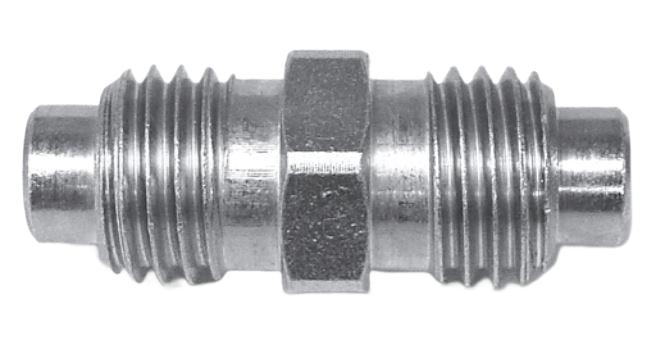With the evolution of automobile engineering and the influx of hybrids and electric vehicles into our driveways, the ever-popular Toyota Prius remains a favorite among eco-conscious drivers. Yet, as Prius owners seek ways to extend the life of their cars and maintain optimal performance, an age-old automotive question resurfaces: Should they consider placing a magnet on their engine oil pan?
The primary intent behind placing a magnet on an engine oil pan or using a magnetic oil drain plug is to trap small ferrous metal particles in the engine oil. Some wear is natural as engines run, even with precise manufacturing and the best lubricants. Tiny metal shavings can become suspended in the oil, and these particles, if recirculated, can accelerate engine wear. Magnetic Drain

The Case for the Magnet
1. Prevention of Further Wear: By capturing these potentially harmful particles, magnets can deter them from re-entering and circulating through the engine. This can be particularly beneficial for high-mileage Prius vehicles that may experience increased engine wear over time.
2. Early Warning Signs: A magnetic drain plug acts as a sentinel. If, during oil changes, a Prius owner notices an increase in the quantity or size of metal debris clinging to the magnet, this could be an early warning sign of potential issues. Early detection might prevent more significant problems down the road.
1. Ferrous Limitations: It's essential to remember that these magnets will predominantly attract iron-based particles. Many engine components, especially in modern vehicles like the Prius, are ma